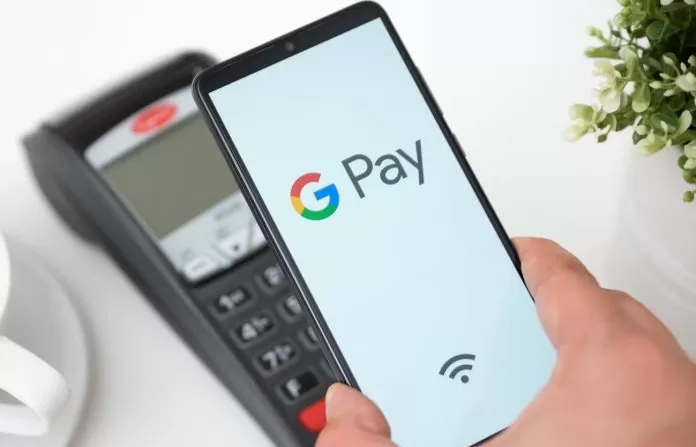GST Council: Payment aggregators currently charge 0.5% to 2% on every transaction. If GST is implemented, they can pass on the additional cost to the traders. The public will have to pay it.
GST Council: The meeting of the Goods and Services Tax Council (GST Council) is scheduled to be held on September 9. In this, the proposal to impose 18 percent GST on payment aggregator companies like BillDesk and CCAvenue can be discussed. If this decision is taken, then they may have to pay GST even on payments of less than Rs 2000 through debit and credit cards. At present, they have been exempted on small transactions. The GST Fitment Panel believes that these companies cannot be kept in the category of banks.
80 percent of digital payments are worth less than Rs 2000
A report by CNBC TV18 claims that the GST Fitment Panel believes that GST should be imposed on payment aggregator companies. This will prove to be a big setback for all payment aggregator companies because at present more than 80 percent of the total digital payment transactions in the country are worth less than Rs 2000. According to a government notification issued during demonetisation in 2016, payment aggregators were barred from levying tax on services provided to merchants on small transactions.
At present, a fee of 0.5% to 2% is charged
Payment aggregators currently charge 0.5% to 2% from merchants on every transaction. If GST is implemented, they can pass on the additional cost to merchants. Currently, payment aggregators do not pay GST on transactions less than Rs 2000. They provide payment facilities through many digital payment systems like QR code, POS machine and net banking. If this happens, small businessmen will be adversely affected. Most of their payments are less than Rs 2000. If a businessman currently has to pay a fee of Rs 10 along with 1% gateway fee on a payment of Rs 1000, then after GST, he will have to pay Rs 11.80.
GST will be applicable only on payments made through debit and credit cards. Currently, UPI has become the most popular method of digital payment. In the financial year 2024, UPI transactions have grown by 57 percent year-on-year and have crossed 131 billion. UPI’s share in digital payments has exceeded 80 percent. GST is applicable only on digital transactions made through debit and credit cards. Merchant Discount Rate (MDR) is not applicable on UPI transactions, so there will be no impact on them even after GST is imposed.

